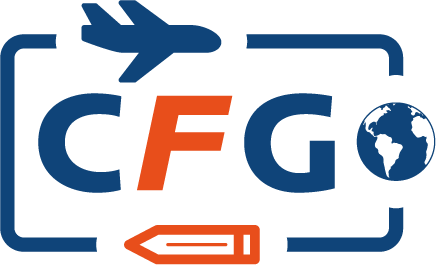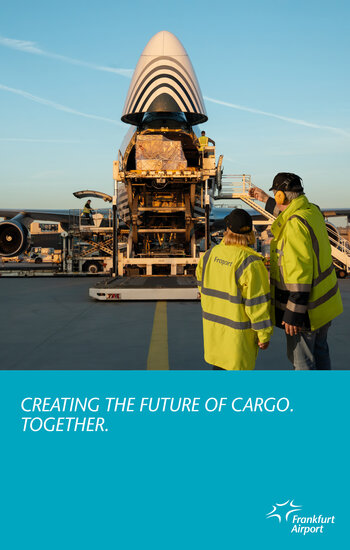The fact that air freight and sea freight containers are becoming increasingly smarter is not really news. However, the reefer product, Controlled Atmosphere, offered to the market by shipping company Hapag-Lloyd and its Gemini partner, Maersk, is a whole new level in data capturing and transmission throughout the entire supply chain. It provides a constant overview of the atmospheric conditions inside a cool container.
In addition to the temperature inside the boxes, the oxygen content of the air trapped in a reefer is permanently monitored. The reason: the less the oxygen, the slower the ripening process of avocados, blueberries and lychees. This is what makes long-distance transportation of time and temperature sensitive agrarian products feasible and preserves their freshness. Tests have proven that, under optimal transport conditions, avocados retain their original quality for 35 days. For blueberries and mangoes, it is 28 days, and for bananas even 45 days.

Keeping oxygen levels down To illustrate the Controlled Atmosphere product, Lisa-Marie Pietrek, Manager Global Reefer Strategy and Steering at Hapag-Lloyd, cites the sea transportation of bananas. “Once harvested, bananas continue to ripen quickly due to ethylene gas production and high respiration rates. In a standard Reefer Container, they might overripen or spoil before reaching their destination. But in a Controlled Atmosphere Reefer Container, the oxygen level is reduced and CO₂ levels are increased in a controlled way, which slows down respiration and ethylene sensitivity – allowing the bananas to arrive fresh and firm, ready to ripen at the destination to retain their quality and commercial value.”

Transparent product
Hapag-Lloyd launched the Controlled Atmosphere product in 2014. But only since the first quarter of this year, does it offer the market the option of remote monitoring. Where the ratio of nitrogen and oxygen does not meet the specifications, customers receive an instant alert, says Clemens Holz, Director Global Reefer at Hapag-Lloyd. “This makes our product completely transparent throughout its entire journey.” In the event of damage, the consignee can present data to the insurance company and demand recourse.
Controlled Atmosphere reefers are primarily used on routes from Latin America to Europe, but also from South Africa or India to Rotterdam, Hamburg or Antwerp, i.e. where fresh produce accounts for a significant proportion of the shipment volume, says manager Holz. It costs USD 1,500 to booking such a steel box – a fee that comes on top of the normal container price. An additional USD 80 is charged for Hapag-Lloyd LIVE, i.e. the groundbreaking monitoring technology that guarantees the constant transmission of live data from the containers’ interiors to the consignee.
Premium service
While requesting a quote, customers can add Controlled Atmosphere to their shipments. Once done, they receive a pricing and booking confirmation within just a few clicks, without the need for emails or phone calls. This digital rollout marks a major milestone. “It gives clients faster, more transparent access to a premium service that was previously only available through manual processes,” explains Lisa-Marie Pietrek. “Now they benefit from accurate pricing, streamlined bookings, and continuously available information – all in one seamless experience.”

“Shaping the future of reefer logistics”
From a strategic standpoint, this development highlights Hapag-Lloyd’s continued focus on innovation and customer-centricity, emphasizes the shipping line. “By digitizing this value-added service, we are not just keeping pace with industry expectations – we are actively shaping the future of reefer logistics,” says the executive. Controlled Atmosphere is the shipping company’s second fully digital reefer solution, following the successful launch of Hapag-Lloyd LIVE. Together, they are a major step forward in the digital transformation of the reefer market.
Fresh flowers remain loyal to air freight
For some products, these or other technical novelties have already led to a modal shift from air to sea freight, confirms Clemens Holz, as shown by the volumes of avocados, blueberries, lychees and some other commodities that had long been classic air cargo products, but are now increasingly being shipped by sea. Next to come are cherries traveling from their country of origin, Chile, to China. However, he is skeptical about transporting cut flowers by sea over longer distances and periods of time, so this is still good news for the air freight industry.




